Food historian Rae Katherine Eighmey engages readers with wide research and recipes drawn from rarely viewed letters, diaries, recipe books, newspaper accounts, government pamphlets, and public service fliers. She brings alive the unknown but unparalleled efforts to win the war made by ordinary “Citizen Soldiers”—farmers and city dwellers, lumberjacks and homemakers—who rolled up their sleeves to apply “can-do” ingenuity coupled with “must-do” drive. Their remarkable efforts transformed everyday life and set the stage for the United States’ postwar economic and political ascendance.
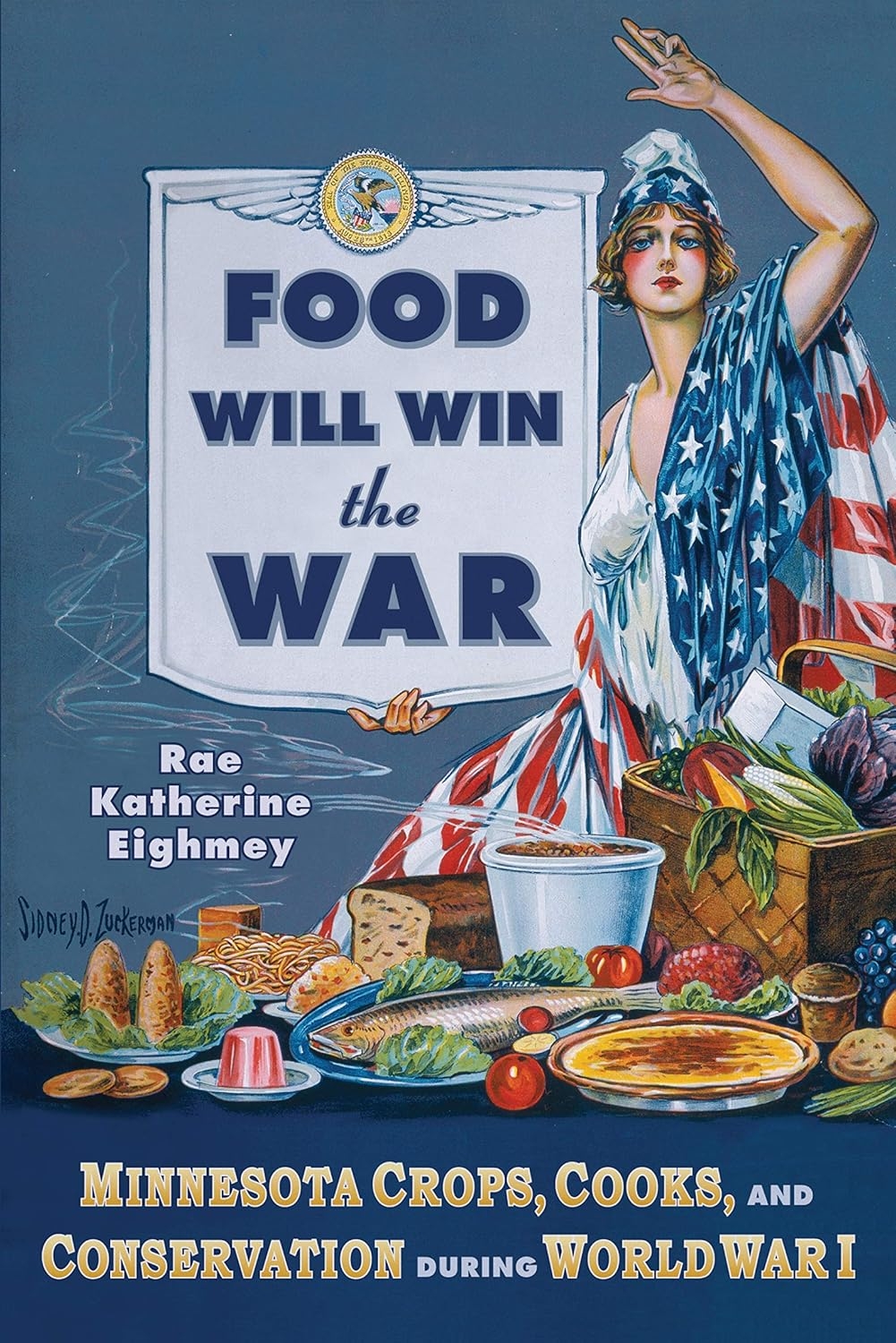


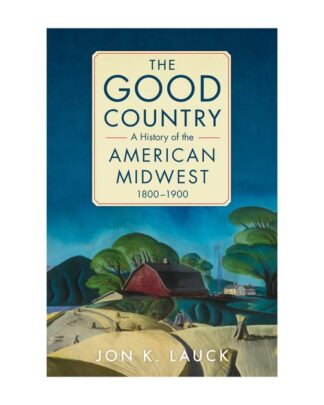


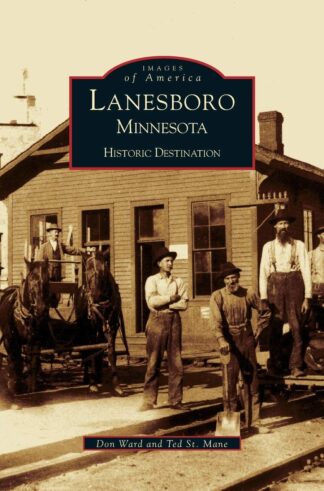
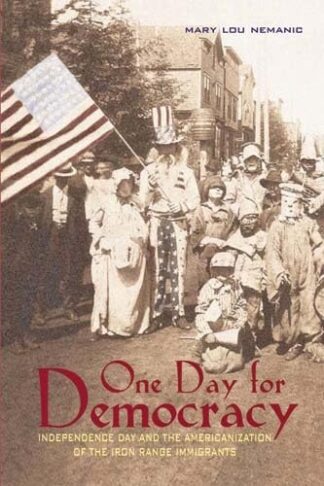

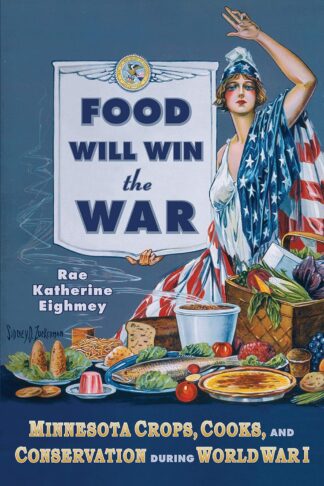
Reviews
There are no reviews yet.